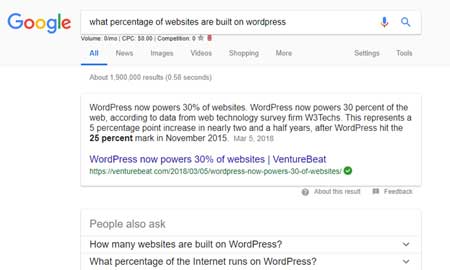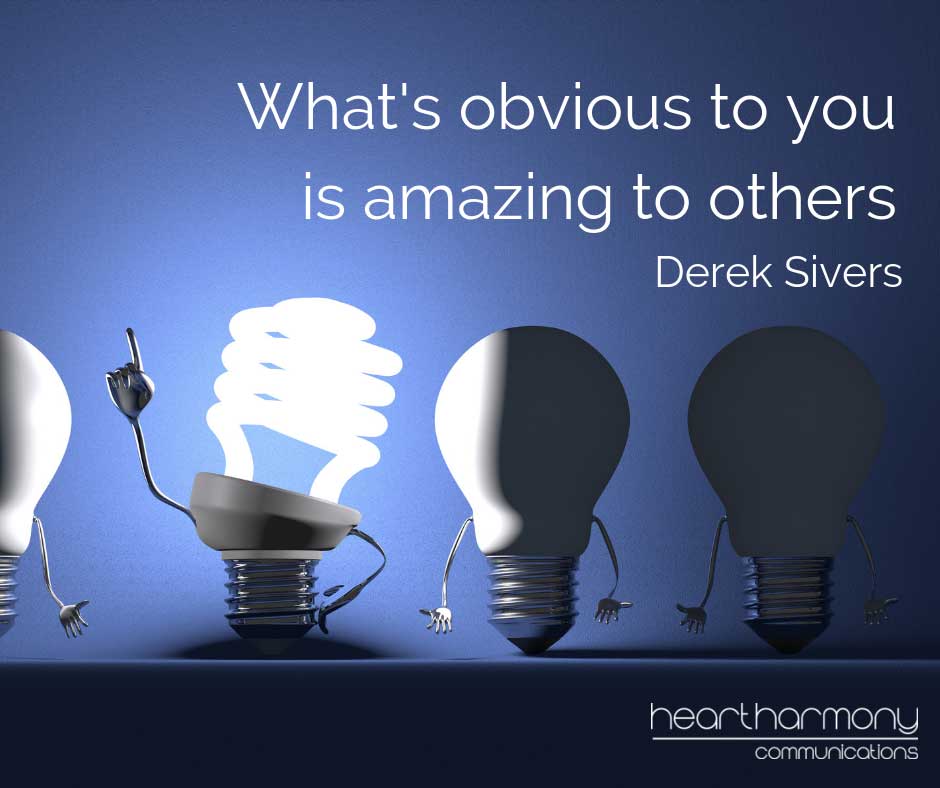The first 20 years of my career, I spent wearing corporate suits with super large shoulder pads, in a variety of corner offices with the title Human Resource/Employee Relations Director stencilled on the door.
A number of times each year, a manager with their hair pulled into haystack-like tufts from frustration, would collapse into my office chair and demand that I do something about the knowledge black-hole employee in their team.
These were the employees who hoarded nuggets of information with an almost Golem-like fervour, collecting juicy snippets and refusing to share what they knew with the team.
They would store these gems until they could whisk them out with a flourish at a time designed for maximum managerial recognition that they knew something useful, or to embarrass a potential competitor with third-world dictator-like brutality.
In their mind-view of the world, knowledge was power, and they wielded this information with all the finesse of a teenager first learning to drive.
The thing was that their managers and other team members detested their infantile information power games. This lack of collaborative approach cost the team success and often, themselves a job.

Information hustlers
The problem is that this information hoarding is not just an employee related problem. If you attend many of the loosely disguised pitch-fests where there are a series of speakers over a weekend, you will find this behaviour out in the wild.
At a weekend pitch fest, you are hustled till you ache and hear speakers tantalise with what they know and the results you too could achieve if you only pay them a squillion dollars in three easy payments.
The actual how and what for you need to do to achieve these results are noticeably absent, and only revealed if you pay the hustler more and more money to do different levels of coaching/courses with them.
Their approach is to tell the “what” – sell the “how”.
Should you be worried about sharing?
But it isn’t just hustlers that demonstrate this behavioural trait.
Many of the business owners that I work with struggle sharing what they know with people through their websites, blogs or talks. They worry that if they share what they know that people won’t call their business or hire them.
One lovely business owner even querulously asked me, “Do you make money from your blog posts and sharing what you know? Don’t people just take advantage of you and never hire you?”
In my personal experience, sharing knowledge opens doors.
Not all businesses can afford my services, and yes, some people simply tap my knowledge and then hire other cheaper, less skilled people who outsource the project to India. These people would never be my ideal clients.
However, there are enough people who refer me to their friends and associates based on their experience with what I have shared. Those referrals end up being my ideal clients, and my business thrives as a result.
Read more about how to start a blog.
Here are a just a few reasons why sharing what you know is good for your business.

Why should you share?
Because ideas are like pebbles thrown into a pond: They cause ripples.
Knowledge is only knowledge when it moves. Otherwise, it is simply a stone that sinks without a trace.
Sometimes the ideas that you share take off and create more ripples as the idea races around the world.
Other times the ripple only touches one person, but for that person, you made a difference to their lives that you may never know about. You may have solved a problem for them; given them some insight into an issue or simply made them feel less alone in the world. The point is, for that one person you made a difference.
To educate your potential clients
When potential clients are working out who to call, they want to understand more about your goods or services. They want to avoid making mistakes or appearing foolish when talking with a business. They want to understand the jargon in the industry, so they know what to ask for.
People are more likely to choose a business that is open and transparent and helps them to understand their goods/services over an “I’ve got a secret” business.
To fill in your mental gaps
Sharing your knowledge helps you to complete incomplete thoughts and to tease out the wisdom of what you know.
Writing, blogging or speaking is often more about uncovering and discovering your hidden depths rather than simply parroting back what you know.

To position you as an expert
People are looking for expertise, knowledge and hope. Sharing what you know demonstrates that you know what you are on about, have sage-like wisdom and are the person to call if someone needs a hand.
To embed what you know
Often the act of writing down or speaking about what you know helps to embed the learnings for you. Sharing what you know makes that knowledge stronger for you.
Because it is better than chasing prospects
Hounding people to “buy now” is so last century. Sharing what you know is what is known as attraction marketing. Good prospects come to you, rather than you having to stalk them and hunt them down.
Because it is good for Google
How people search on the net has transformed. Searches are now richer and more conversational. We ask, “Hey Siri, why does my switchboard fuse keep tripping?”
Read more about how to create Hero Answer posts.
When you share what you know as a way to solve people’s problems, occasionally Google decides that out of all the answers on the web that your answer is the best answer, so shows it as a featured snippet at the top of the search answers.
Landing a featured snippet sends a stack of more potential customers to your site which (hopefully) turns into more business.

Because you care about people
Some people seem hard-wired to help. They are empathetic to the struggles of others and want to reduce the challenges and smooth other’s paths.
These people build relationships through little acts of caring and sharing information and advice. For them, sharing knowledge is how they connect and care.
They share because they simply can’t NOT share what they know.
Because what you know isn’t obvious to others
Often, we think that what we know is blindingly obvious. It is … to us. To others, it is new information or information presented in such a different way that lightbulbs go off in a paparazzi flash when they hear it.

Last thoughts
Sharing what you know, whether in a blog, website or speech, is not a zero-sum game. Giving does not mean that you suddenly have less to share, just as having a second child doesn’t mean you have less love to give. When you share, your capacity to share expands and your business expands with it.



